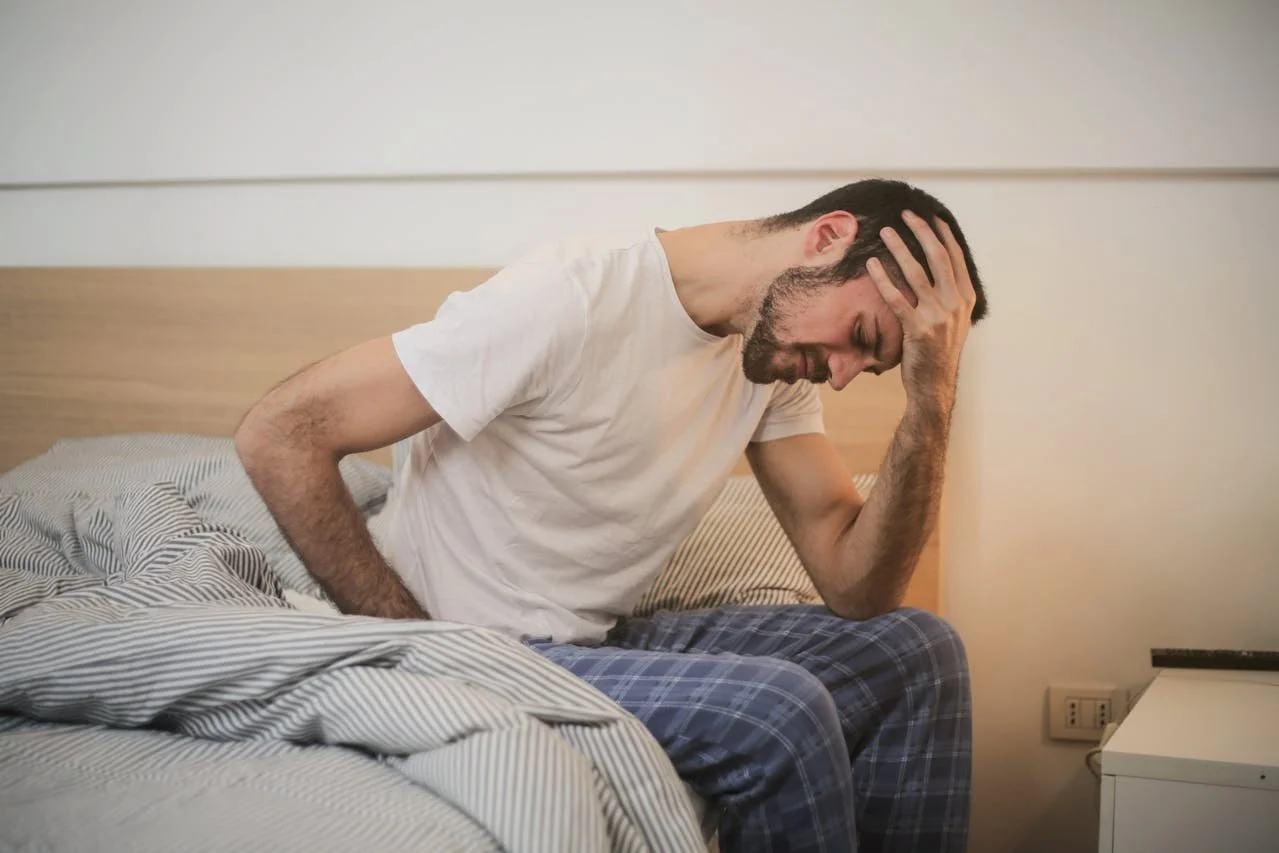Can Anxiety Cause Chronic Pain?
You wake up with a dull ache radiating across your shoulders and creeping up your neck. As you try to go about your day, the pain intensifies until it feels like a vice grip crushing your skull. No matter what you do, you can't seem to escape the throbbing, searing agony. This is not the first time you've experienced these mysterious symptoms that medical tests can't seem to explain.
If you suffer from chronic unexplained pain like this, you may be wondering if your anxiety could be to blame. New research shows a connection between anxiety disorders and chronic pain.
The Link Between Anxiety and Chronic Pain
When you experience anxiety, your body activates its stress response. This results in increased muscle tension, heart rate, and blood pressure. These physical changes can exacerbate pain or even cause new pain. For example, increased muscle tension can lead to headaches, back pain, and body aches.
Anxiety also impacts the way your body perceives and processes pain signals. When you're anxious, your body may become hypervigilant to pain. This means you notice pain signals more easily and perceive them as intense or threatening. Anxiety can also disrupt your body's natural pain-inhibitory mechanisms, making it harder to tune out or ignore pain signals.
Anxiety and chronic pain can become locked in a vicious cycle. Feeling anxious about your pain can increase focus on the pain and make it seem worse, which then heightens anxiety further. Breaking this cycle involves managing both anxiety and pain. Treatment options for anxiety include therapy, medication, exercise, meditation, and relaxation techniques. Reducing anxiety can help make pain feel less intense and easier to manage.
How Anxiety Can Lead to Chronic Pain
Anxiety and chronic pain share a complex relationship and interact in a vicious cycle.
Physical Symptoms of Anxiety
Anxiety activates your body's fight-or-flight response, releasing stress hormones like cortisol that tense your muscles and heighten your pain sensitivity. These physical symptoms of anxiety, such as muscle tension, nausea, and insomnia, can exacerbate pain or even manifest as pain in the body.
Hypervigilance
Anxiety also makes you hypervigilant about bodily sensations, so you become overly focused on the pain and perceive it as more intense or threatening. This hypervigilance reinforces anxiety and worry, fueling the cycle.
Avoidance Behaviors
Anxiety may lead to avoidance of social interactions or physical activities to prevent pain or discomfort. However, avoidance behaviors often backfire by reducing mobility and flexibility, weakening muscles, and increasing isolation — all of which can intensify the pain.
Managing Anxiety to Reduce Chronic Pain
To successfully manage chronic pain, it is important to gain control of anxiety and stress levels.
Practicing Relaxation Techniques
Techniques like deep breathing, meditation, and yoga can help lower anxiety and ease pain. Taking time each day to sit quietly, close your eyes, and take slow, deep breaths can help shift your mind and body into a relaxed state. Yoga incorporates gentle movement and stretching with deep breathing. Even simple stretches and postures can help release muscle tension and calm the nervous system.
Prioritize sleep
Adequate sleep is essential for pain management and coping with anxiety. Lack of sleep intensifies pain sensitivity and worsens symptoms of anxiety like worry, irritability, and difficulty concentrating. Most adults need 7 to 9 hours of sleep daily to feel well-rested. Establish a calming pre-sleep routine, limit screen time and stimulation before bed, and make your sleeping environment as dark and quiet as possible.
Connect with others
Social support from others can help ease anxiety and make pain feel more manageable. Connecting with close family and friends or joining a chronic pain support group can help combat feelings of isolation and worry. Talking to others who understand what you're going through can provide empathy and advice for coping strategies.
Speaking with a therapist can also help with symptoms of anxiety. If you want help getting your anxiety under control, we can help. Reach out and book our anxiety therapy services today.

